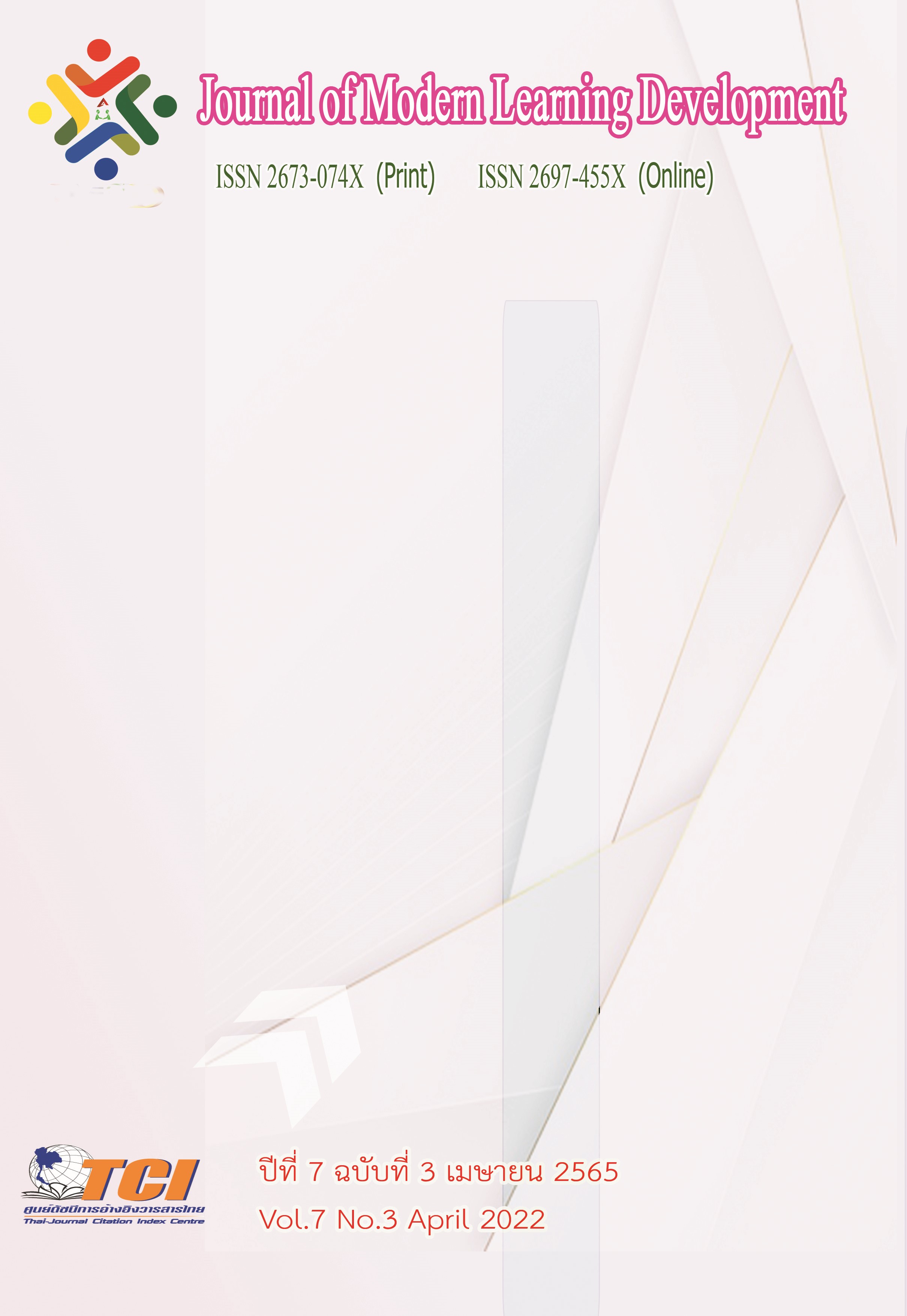The Personnel Administration by the Four Saṅgahavatthu Principle of the Phrapariyattidhamma School Administrators in Educational Division of the Area 7
Main Article Content
Abstract
The objectives of this research were: 1) to study personnel management according to the Four Saṅgahavatthu of Phrapariyattidhamma school administrators, General Education, Area 7; 2) to propose guidelines for promoting personnel management according to the Four Saṅgahavatthu Principles of the administrators of Phrapariyattidhamma School. The study employed the mixed method research methodology. For the quantitative research, the sample included 226 of the administrators and teachers in Phrapariyattidhamma schools; while for the qualitative research, 7 key informants were selected for interviews. The statistics used in data analysis were: Frequency, Percentage, Mean and Standard Deviation with the reliability value of 0.956.
The research results were as follows: The school administrators and teachers have opinions on personnel management according to the Four Saṅgahavatthu Principles in overall and 4 aspects at a high level, sorted in descending order: personnel management according to Atthacariyā, followed that of Samānattatā, Dāna and Piyavācā respectively.
The guidelines for promoting personnel management according to the Four Saṅgahavatthu Principles of the administrators of Phrapariyattidhamma School: 1) Personnel administration according to Dāna: the administrators must have sacrifices and share their belongings; 2) Personnel administration according to Piyavācā: the administrators must know how to use words that are beneficial and satisfying to their subordinates and always show sincerity and good wishes; 3) Personnel administration according to Atthacariyā: the administrators must always help others or their subordinates; 4) Personnel administration according to Samānattatā: administrators have leadership, do not act undisciplined, be consistency with subordinates and do not have any bias.
Article Details
References
กองพุทธศาสนศึกษาสำนักงานพระพุทธศาสนาแห่งชาติ. (2557). คู่มือการปฏิบัติงานการอนุญาตจัดตั้งและขยายชั้นเรียนโรงเรียนพระปริยัติธรรมแผนกสามัญศึกษา. กรุงเทพมหานคร: โรงพิมพ์กองพุทธศาสนศึกษาสำนักงานพระพุทธศาสนาแห่งชาติ.
จักรกฤต หาพา และคณะ. (2564) “แนวทางการส่งเสริมการบริหารงานกิจการนักเรียนตามหลักสังคหวัตถุ 4 ของ โรงเรียนเฉพาะความพิการ สังกัดสำนักบริหารงานการศึกษาพิเศษ กลุ่ม 4. Journal of Modern Learning Development. 6 (1), 302-312.
พระครูประภัศร์ธรรมาภิรักษ์. (2563). การบริหารสถานศึกษาตามหลักสังคหวัตถุ 4 ในสถานศึกษาขั้นพื้นฐานสังกัดสํานักงานเขตพื้นที่การศึกษาประถมศึกษาชัยภูมิ เขต 1. วิทยานิพนธ์ครุศาสตรบัณฑิต สาขาพุทธบริหารการศึกษา. บัณฑิตวิทยาลัย: มหาวิทยาลัยมหาจุฬาลงกรณราชวิทยาลัย.
พระครูปัญญาธีรานุวัตร. (2563). การพัฒนาการบริหารแบบมีส่วนร่วมตามหลักสังคหวัตถุ 4 สําหรับโรงเรียนสังกัดสํานักเขตพื้นที่การศึกษาประถมศึกษา. วิทยานิพนธ์ครุศาสตรบัณฑิต สาขาพุทธบริหารการศึกษา. บัณฑิตวิทยาลัย: มหาวิทยาลัยมหาจุฬาลงกรณราชวิทยาลัย.
พระครูไพโรจน์กิจจาทร (สกุล สุภทฺโท). (2563). การพัฒนาผู้บริหารสถานศึกษาตามหลักสังคหวัตถุ 4 สำหรับโรงเรียนประถมศึกษาสังกัดกรุงเทพมหานคร. วารสารครุศาสตร์ปริทรรศน์. 7 (2), 1-13
อนุชิต วรรณสุทธิ์. (2558). การศึกษาคุณลักษณะของผู้บริหารสถานศึกษามืออาชีพในอนาคต. รายงานวิจัย: สถาบันราชภัฏบุรีรัมย์.


